Your trusted guide to clinical trials
Find clinical trials relevant to you, near you. Powered by AI.
Find matching trials effortlessly with your medical profile
Import your Electronic Health Record to browse trials matching your health profile

Browse Trials by Condition
- Neoplasms 14,517
- Carcinoma 6,196
- Pain 2,865
- Surgery 2,691
- Breast Cancer 2,304
- Wounds 2,177
- Cardiac Disease 1,944
- Heart Disease 1,944
- Diabetes Mellitus, Type 2 1,655
- Solid Tumor 1,621
- Depression 1,311
- Metastatic Cancer 1,253
- Neoplasm Metastasis 1,063
- Anxiety Disorders 964
- Vascular Diseases 912
- Dementia 866
- Alzheimer's Disease 866
- Parkinson's Disease 789
- Mild Cognitive Impairment 735
- Esophageal Disorders 723
- Squamous Cell Carcinoma 612
TrialX — your clinical trial finder
A new, easy way to participate in clinical studies.



You are in great company.
Institutes that trust us.







New & updated studies
Browse all studiesYour clinical trial journey
Find a study
Search or browse for a clinical trial near you.
Check Eligibility
Learn more about the trial and check to see if you are eligible to take part in it.
Participate
If you prequalify, connect with the study team and let your trial journey begin!
Accelerating clinical research powered by AI
Building patient connection for a better future

Join us in our mission to help accelerate clinical research.
We are on a mission to make 1 billion actions made towards clinical research. ‘Actions’ are anything from searching for trials, sharing a trial, getting in touch with a study team — or something as simple as becoming a volunteer.